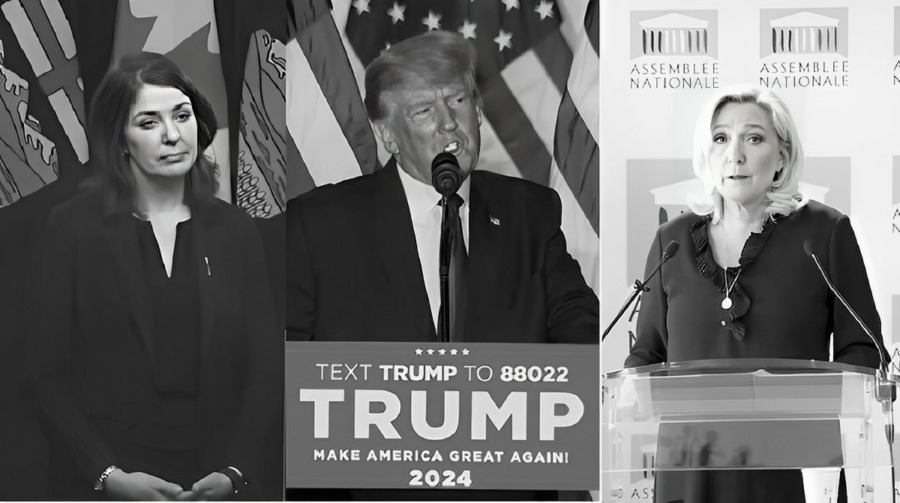Identity Politics: Divisive, Abhorrent, and Effective
- Kingston Bailey
- Trending
- World News
- August 3, 2023

Identity politics, organizing and appealing to specific social, cultural, or demographic groups based on shared characteristics, continues to be a prominent and polarizing feature of contemporary politics. Proponents argue that it gives marginalized communities a voice and helps address historical injustices. However, critics view it as divisive, abhorrent, and a source of political manipulation.
One of the main criticisms of identity politics is its potential to fragment societies along race, gender, ethnicity, religion, and other characteristics. Emphasizing group identities may lead to an “us versus them” mentality, further deepening existing divisions and preventing constructive dialogue. Critics argue that identity politics hinders efforts to find common ground and fosters tribalism, potentially leading to animosity and conflicts.
Critics of identity politics also contend that it can lead to essentialism and stereotype reinforcement. Treating individuals solely as group representatives oversimplifies complex human experiences and perpetuates prejudiced attitudes. Additionally, identity politics may inadvertently marginalize individuals within a group who do not conform to the prevailing narrative or who hold differing views, stifling intellectual diversity and dissent.
Despite the controversies surrounding identity politics, it has proven an effective political strategy. Politicians can build a loyal and passionate base of supporters by tapping into specific groups’ emotions and shared experiences. Identity politics often resonates with marginalized or underrepresented individuals in mainstream political discourse, giving them a sense of empowerment and inclusion.
Canada, Alberta Premier Daniel Smith – a divisive and astute leader skillfully employs identity politics to connect with the province’s conservative base. With a background in energy and resource management, Premier Smith is a strong advocate for Alberta’s oil and gas industry, emphasizing the importance of economic prosperity and job creation for the province’s working-class citizens. Utilizing her Western Canadian roots, she appeals to the region’s distinct identity and often positions herself as a defender of traditional values and regional autonomy. By tapping into Albertans’ pride and collective consciousness, Premier Daniel Smith has successfully fostered a sense of belonging and loyalty among her supporters, consolidating her position as a prominent figure in the province’s political landscape.
United States: Donald Trump – During his presidency, Donald Trump effectively used identity politics to appeal to his base. He tapped into the grievances and anxieties of white working-class voters, positioning himself as a defender of traditional American values and interests. Trump’s rhetoric often emphasized issues such as immigration, national identity, and the preservation of cultural heritage.
Europe: Marine Le Pen – The leader of the French far-right National Rally (formerly National Front), Marine Le Pen, has gained support by capitalizing on issues related to immigration, national identity, and Euroscepticism. She has focused on promoting policies that protect French culture and sovereignty, rallying support from a portion of the French population concerned about globalization and multiculturalism.
The future of identity politics remains uncertain. While it continues to be an effective tool for mobilizing support, its divisive nature may eventually lead to citizen fatigue and a desire for more unifying political approaches. As societies become increasingly diverse and interconnected, there may be a shift towards finding common ground and addressing collective challenges rather than emphasizing identity-based divisions.
Its divisive nature and potential for perpetuating stereotypes concern many, while its effectiveness in rallying passionate support cannot be denied. As we navigate the complex interplay of identity and politics, citizens must engage with these strategies critically, evaluating their impact on societal cohesion and collective progress. Only through thoughtful dialogue and a willingness to seek common ground can we find ways to address the issues faced by diverse communities without further fragmenting our societies.








